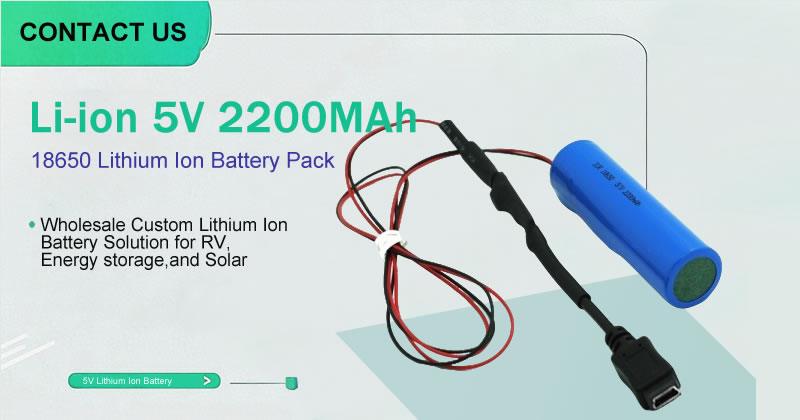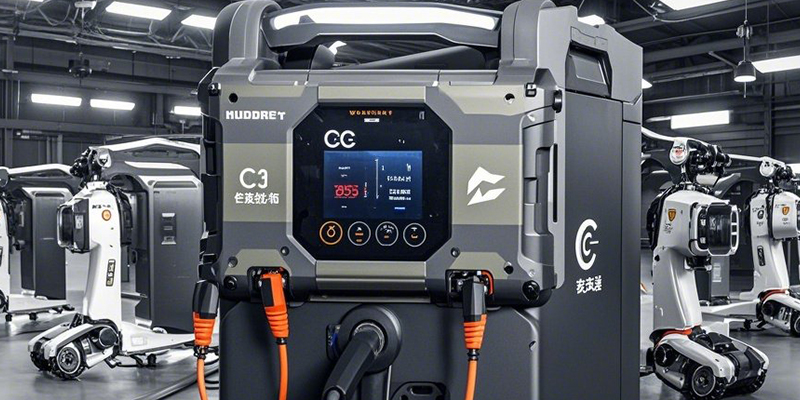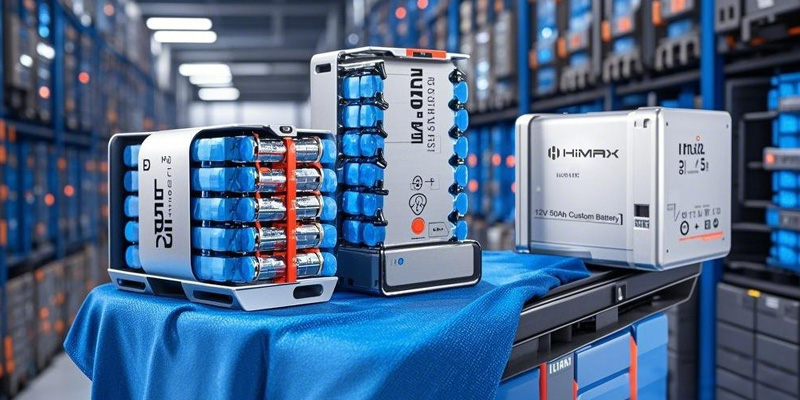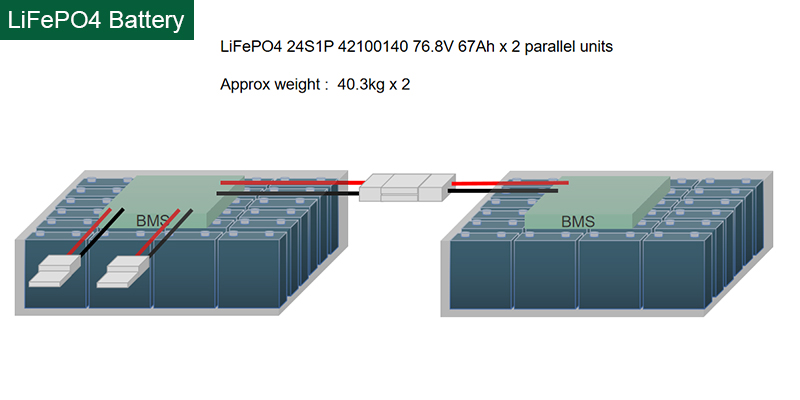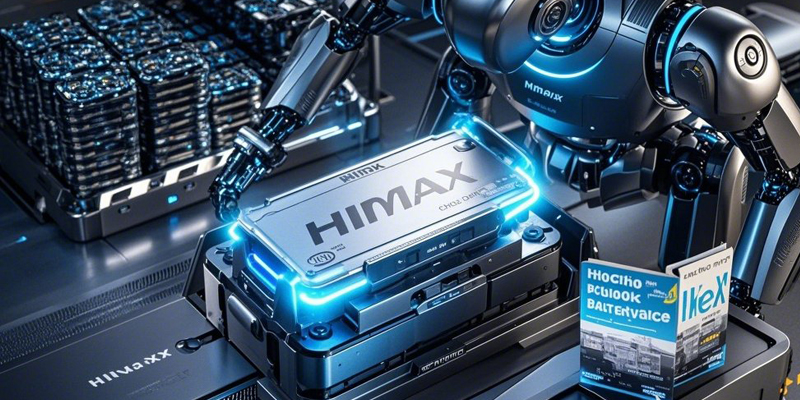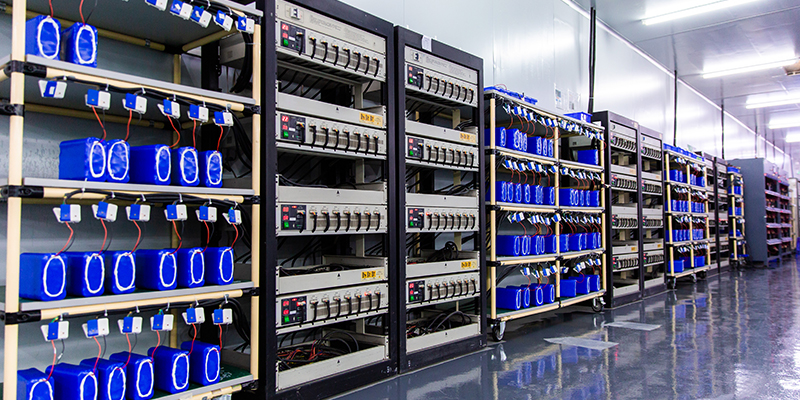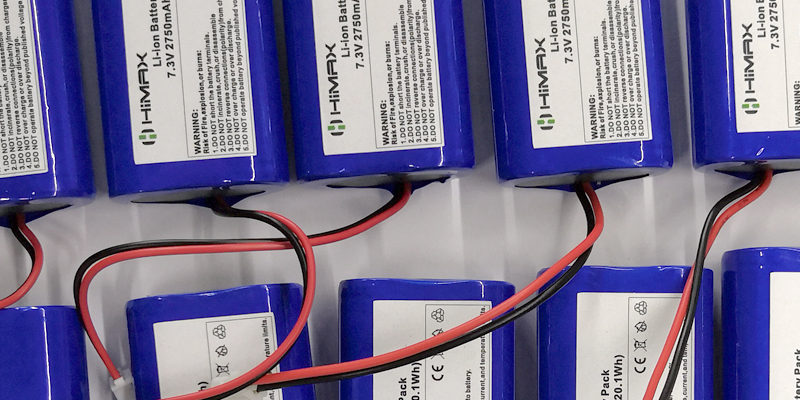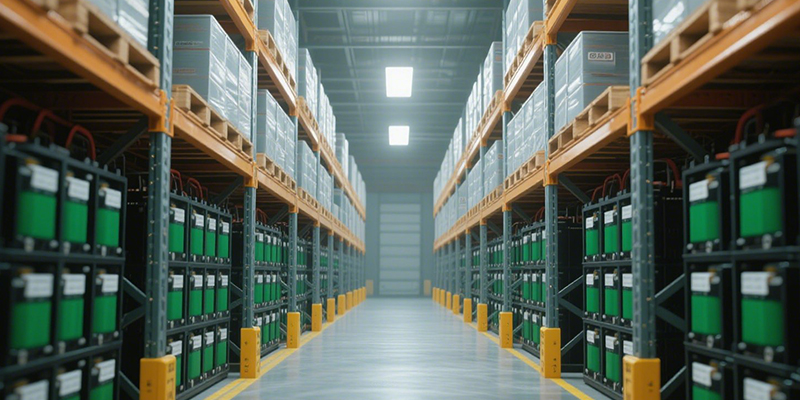Why 36V 4AH Lithium-Ion Battery Is the Best UPS Power Solution
What Is a 36V 4AH Lithium-Ion Battery?
A 36V 4AH lithium-ion battery is a rechargeable battery based on lithium-ion technology. The “36V” refers to its rated voltage of 36 volts, making it ideal for powering mid-sized UPS devices, while “4AH” indicates its capacity of 4 amp-hours, providing consistent power over a set period. Lithium-ion batteries are known for their high energy density, lightweight design, and lack of memory effect, making them a go-to choice for electric vehicles, portable devices, and UPS systems. Compared to traditional lead-acid batteries, lithium-ion batteries offer significant performance advantages, especially in UPS applications where efficiency and longevity are key.
Core Advantages of 36V 4AH Lithium-Ion Battery for UPS (Compared to Lead-Acid)
High Energy Density: More Power in a Smaller Package
In UPS applications, battery efficiency and lifespan are top concerns for users. The 36V 4AH lithium-ion battery stands out as a top choice thanks to its high energy density and long cycle life.
First, its high energy density means it can store more power in a smaller size and weight, which is crucial for UPS systems. Many UPS devices need to fit batteries into limited spaces, and the compact design of lithium-ion batteries saves significant room while reducing overall weight, making installation and portability easier. For example, a user powering a small UPS for their router and security system at home might only have space for one battery. With a 36V 4AH lithium-ion battery, the size is about 30% smaller and nearly half the weight of a traditional lead-acid battery, fitting perfectly while being easy to move to different rooms if needed. This makes lithium-ion batteries ideal for space-constrained setups.
Long Cycle Life: Fewer Replacements Needed
Next, the 36V 4AH lithium-ion battery far outlasts traditional lead-acid batteries in terms of cycle life. Lithium-ion batteries can handle over 2,000 charge-discharge cycles, while lead-acid batteries typically manage only 300-500 cycles. This means, under the same usage, a lithium-ion battery can last three times longer, cutting down on replacement frequency and costs. For UPS systems that need long-term reliability, this extended lifespan is a game-changer. For instance, a small office using a UPS to back up their server might go through one charge-discharge cycle daily. A lead-acid battery might need replacing in 1-2 years, but a 36V 4AH lithium-ion battery could last 5-6 years under the same conditions, reducing maintenance costs and downtime risks, ultimately saving the business money.
Fast Charging: Boosting Operational Efficiency
Additionally, lithium-ion batteries charge more efficiently. The 36V 4AH lithium-ion battery can fully charge in just 2-3 hours, compared to lead-acid batteries, which might take over 8 hours. Faster charging minimizes UPS downtime and improves overall efficiency, ensuring quick power restoration during emergencies. For example, after a brief power outage at home, a user’s UPS with a 36V 4AH lithium-ion battery recharged in just 2.5 hours, returning to full capacity quickly. In contrast, a lead-acid battery in the same scenario might need a full night to recharge, impacting its readiness for emergencies. This fast-charging feature makes lithium-ion batteries a better fit for scenarios where UPS systems are frequently used.
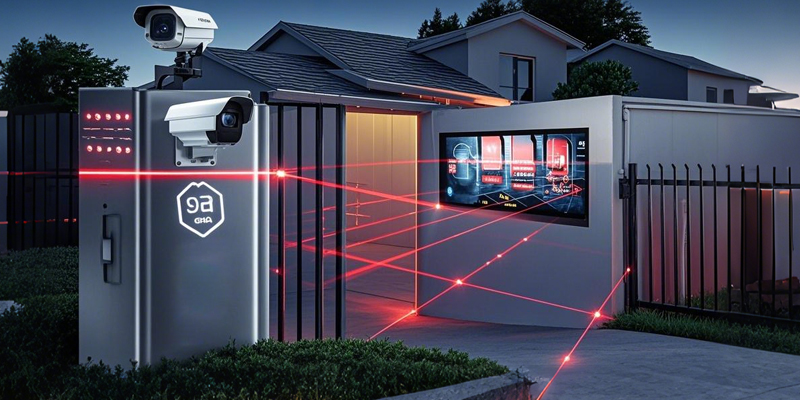
Built-In BMS: Ensuring Safe Operation
Safety is another critical factor for UPS batteries, and the 36V 4AH lithium-ion battery excels in both safety and stability, surpassing traditional options.
First, lithium-ion batteries typically come with a built-in Battery Management System (BMS) that monitors the battery’s status in real-time, preventing risks like overcharging, over-discharging, and short-circuiting. The BMS precisely controls voltage and temperature to ensure safe operation under various conditions. For example, a small data center using a UPS to power servers during a hot summer might see battery temperatures rise after hours of operation. The BMS in a 36V 4AH lithium-ion battery can detect this and automatically reduce the charging rate to prevent overheating risks, while a lead-acid battery without such protection might overheat, leading to damage or safety hazards.
High Thermal Stability: Thriving in Tough Environments
Second, lithium-ion batteries offer superior thermal stability in high temperatures. UPS systems can generate heat during prolonged use, but the chemical makeup of lithium-ion batteries makes them less prone to thermal runaway or explosions compared to lead-acid batteries, ensuring greater safety. For instance, a user placing a UPS in a poorly ventilated room during a hot summer noticed the device heating up after hours of use. The 36V 4AH lithium-ion battery in the UPS continued to perform steadily with no drop in performance or safety issues, while a lead-acid battery might have suffered from electrolyte evaporation or deformation, shortening its lifespan. This thermal stability makes lithium-ion batteries ideal for long-term use in challenging environments.
Eco-Friendly: Meeting Modern Standards
Finally, lithium-ion batteries are free of harmful heavy metals like lead and mercury, aligning with modern environmental standards and reducing their ecological impact. In real-world UPS applications, a reliable power solution must perform well in diverse conditions. For example, an eco-conscious company switching out UPS batteries opted for the 36V 4AH lithium-ion battery not only for its superior performance but also because it doesn’t pollute the environment when disposed of. Lead-acid batteries, on the other hand, contain significant amounts of lead, which can contaminate soil and water if not disposed of properly, increasing environmental compliance costs for businesses. The eco-friendly nature of lithium-ion batteries makes them a better fit for today’s green demands in UPS power solutions.
Recommended: HIMAX’s 36V 4AH Lithium-Ion Battery
Among the many UPS battery options, the HIMAX Electronics 36V 4AH lithium-ion battery from HIMAX Electronics stands out as your best choice. As an online brand specializing in lithium battery development and sales, HIMAX is dedicated to providing high-performance, safe, and reliable UPS battery solutions. The HIMAX 36V 4AH lithium-ion battery uses advanced lithium-ion technology with a built-in smart BMS, ensuring efficient operation and safety. With over 2,000 cycles of lifespan and high energy density, it delivers long-lasting power support for home, office, and small commercial UPS systems.


